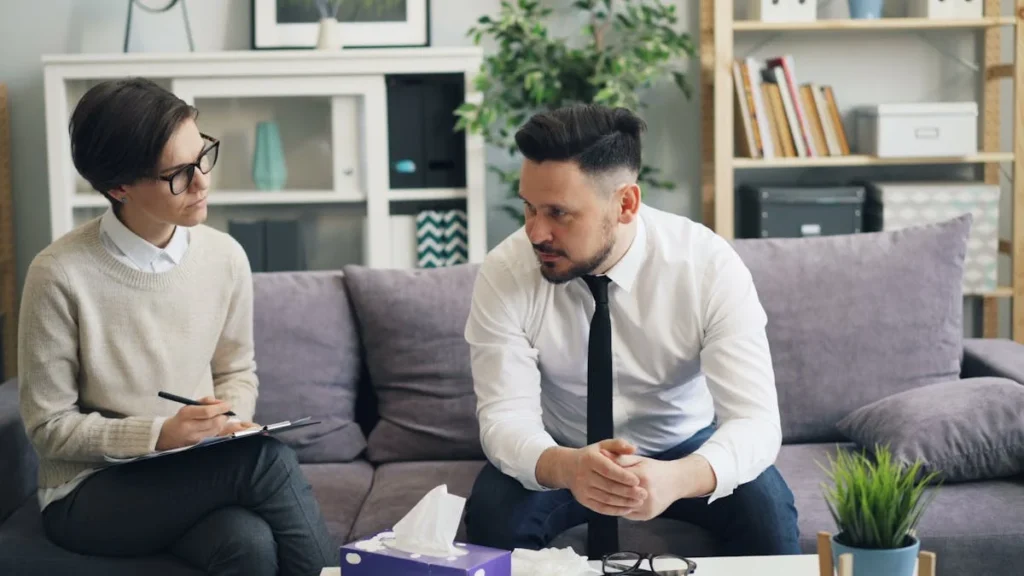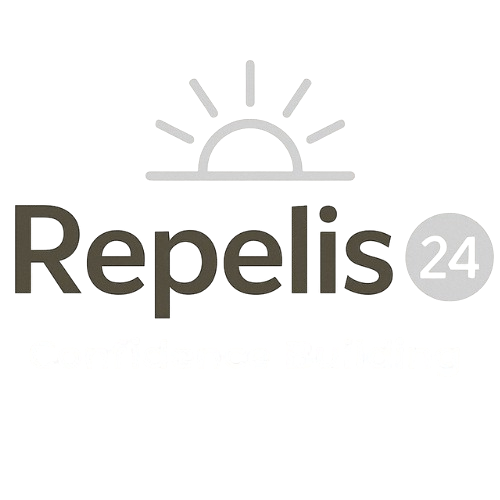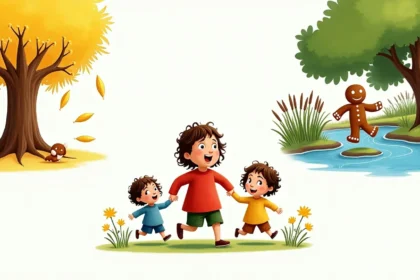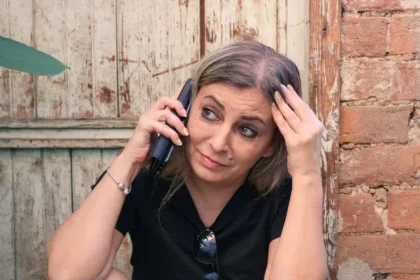Therapy is supposed to help you feel better, but for some people, it just doesn’t work the way they hoped. That’s not because something is wrong with them. Often, it’s because therapy depends on a lot of factors—some that are easy to see, and others that are hidden. After years of listening to people’s experiences and working with mental health professionals, I’ve gathered the most common reasons why therapy might not feel helpful to everyone. These are simple truths, and they matter if you or someone you know has ever wondered, “Why isn’t this working for me?”
1. They Don’t Connect with Their Therapist
One of the biggest reasons therapy fails is because people don’t feel comfortable with their therapist. It’s hard to talk openly about your thoughts and feelings when the person sitting across from you feels like a stranger or just doesn’t “get” you. Therapy works best when there’s trust and a sense of safety. Without that bond, it can feel like talking to a wall. If the connection isn’t there, it’s okay to try someone else. The right fit can make all the difference.
2. They Expect Therapy to Work Fast
Some people go into therapy and fitness thinking they’ll feel better after a session or two. When they don’t, they feel disappointed. Therapy isn’t like taking a painkiller—it’s more like learning a new skill. It takes time, practice, and patience. Healing isn’t instant, and progress can feel slow. But if someone sticks with it, even small changes can grow into big ones. Expecting quick results can make people quit before they’ve had a real chance to benefit.
3. They’re Not Ready to Open Up
Talking about painful or personal topics is hard. Some people aren’t ready to dig deep into their feelings, especially if they’ve buried those feelings for a long time. They might show up to therapy, but they keep everything at the surface. That’s totally normal, but it can also stop the process from moving forward. Being ready to open up, even just a little, can help therapy start to work. And if someone isn’t ready yet, that’s okay too—they just need a therapist who respects that pace.
4. They Keep Changing Therapists
It’s important to find the right therapist, but switching too often can make it hard to build trust. Therapy requires time to create a relationship. Jumping from one therapist to another can interrupt that process, especially if it happens before real work begins. Sometimes it takes a few months to really feel the benefits. Unless something feels seriously wrong, giving one therapist a fair chance might lead to better results than always starting over.
5. They Avoid Talking About What Hurts
It’s common to avoid painful memories or emotions. In therapy, people sometimes steer conversations away from what really bothers them. They might talk about work or daily life instead of the deep stuff. But healing comes from facing those hard topics. It doesn’t mean jumping into them right away—it means eventually talking about them, little by little, with support. If someone avoids what hurts, therapy might feel like it’s going nowhere.
6. They Don’t Believe Therapy Can Help

Some people show up to therapy already convinced that it won’t work. This belief can act like a wall. If you don’t think something can help you, you’re less likely to try, listen, or stay open during the process. Therapy isn’t magic, but attitude does matter. If someone brings even a tiny bit of hope into the room, it can lead to real change. Believing that change is possible is often the first step to making it happen.
7. They Don’t Tell the Therapist What’s Wrong
Therapists aren’t mind readers. If something feels off in therapy—like the sessions feel boring, confusing, or unhelpful—it’s important to say so. Some people don’t speak up because they don’t want to be rude, or they’re not sure what to say. But communication matters. Telling a therapist what’s not working gives them a chance to adjust their approach. Many therapists appreciate honesty, and they want to help you in the best way possible.
8. They Don’t Set Clear Goals
Therapy can feel random or confusing when there are no clear goals. Without a goal, it’s like driving with no map. Some people walk into sessions unsure of what they want to get out of it. That’s okay at first, but setting even a small goal—like wanting to feel less anxious, sleep better, or stop arguing with a partner—can give the sessions direction. Goals don’t have to be perfect or big. They just help you and your therapist move forward together.
9. They Stop Going Too Soon
Progress in therapy is often slow, and it might not be noticeable right away. Some people leave therapy after just a few visits because they feel like nothing has changed. But change takes time. The early sessions are usually about getting to know each other and understanding what’s going on. If someone quits before that foundation is built, they may never see what therapy could have done for them. Patience is part of the process.
10. Their Life Outside Therapy is Too Stressful
If someone is overwhelmed by stress—like family problems, school pressure, or financial worries—they might not have the energy to focus during therapy. Their brain is in survival mode, and deep conversations feel too hard. In these cases, therapy might feel like just another thing on the to-do list. But therapy can also be a place to talk about those exact stresses. When people bring their real-life chaos into the room, it helps make therapy feel useful again.
11. The Type of Therapy Doesn’t Match Their Needs
Not all therapy is the same. Some kinds focus on thoughts, some on emotions, some on behavior. If someone is in a type of therapy that doesn’t match their needs or learning style, they might feel like it’s not helping. For example, someone who likes action steps might struggle with a therapist who just listens and reflects. It’s okay to ask, “What kind of therapy do you use?” or say, “I think I need more structure” or “more support.” The right match can change everything.
12. They’re Emotionally Tired
Sometimes people come to therapy already feeling drained. They’ve been dealing with so much for so long that they don’t have the energy to talk, reflect, or dig deep. They might leave sessions feeling worse, not better, because they’re too worn out to take in anything new. In these cases, therapy might need to focus first on building rest, safety, and strength before moving into heavier topics. A good therapist will notice this and slow things down.
13. They Have No Support Outside of Therapy
Therapy happens once or twice a week for an hour, but healing continues outside those walls. If someone feels completely alone after leaving their session—no friends, no family, no one to talk to—it’s harder to grow. Support outside therapy helps people use what they’re learning. Even one trusted friend can make a big difference. Therapists can also help clients build support systems so they don’t feel like they’re doing it all alone.
14. They’re Going for the Wrong Reason
Sometimes people go to therapy because someone else wants them to—a parent, partner, teacher, or boss. When the motivation isn’t coming from inside, it’s hard to care about the process. People might show up physically, but not emotionally. Therapy works best when the person wants to be there. It’s not about making others happy—it’s about finding something inside yourself that says, “I want things to get better.”
15. The Therapist Isn’t Skilled Enough
Just like in any job, some therapists are more skilled than others. Some might not have enough training. Others might not be a good match for certain issues. If someone feels judged, ignored, or unsafe in therapy, it’s not their fault. It could be the therapist’s approach, style, or lack of understanding. If therapy isn’t helping, it’s okay to ask for a referral or try someone else. You deserve a therapist who is respectful, compassionate, and helpful.












Nice post. I learn something totally new and challenging on websites